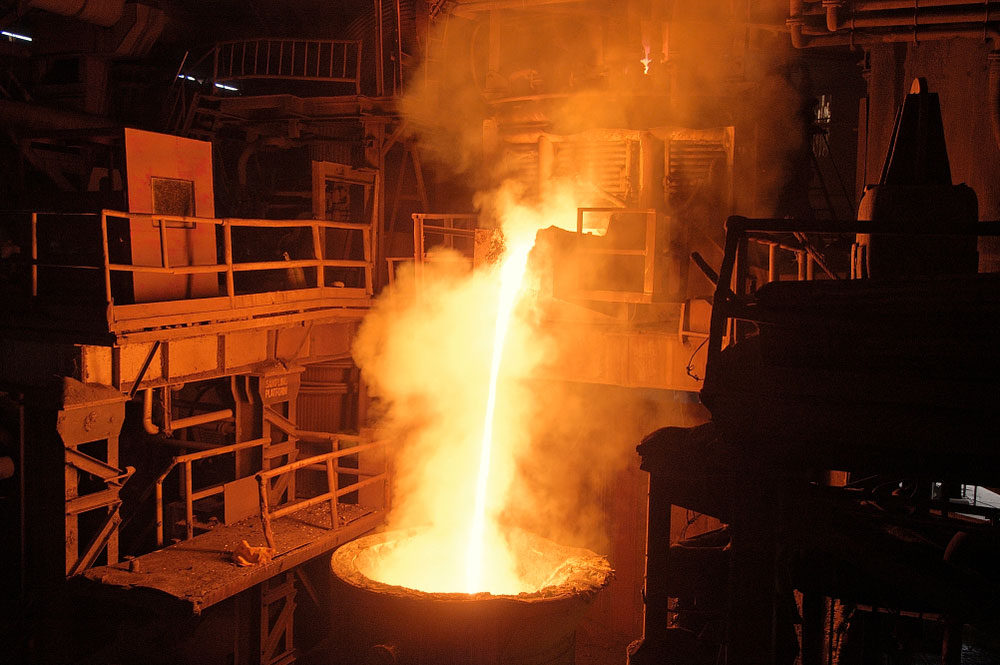The family of Rajeev Jhawar, a promoter and the managing director of Usha Martin Ltd, is raising its stake in the wire and wire rope maker again.
Taking advantage of the rout in the bourses, where oil and metal stocks suffered the most, the Rajeev Jhawar-family and his associates have scooped up over 30 lakh shares in the last fortnight.
Combined with acquisitions made during September last year and with this fresh bout of purchases, which market sources say may continue till the end of March, he has added nearly 2 per cent to his overall tally, getting a clear edge over cousin and bete-noire Prashant Jhawar.
“The company has notified all the purchases made so far to the bourses. We are within the specified limit of 5 per cent,” Rajeev Jhawar told The Telegraph.
According to the Substantial Acquisition of Shares and Takeovers (SAST) regulation of Sebi, a promoter can add voting rights up to 5 per cent within a financial year. Market sources say Jhawar may acquire more shares, which hit a fresh 52-week low on Monday.
The Usha Martin stock closed at Rs 19.80 on the NSE, down 10 per cent. Sources said the softness in the market may accelerate share purchase and he may end the year with a 28 per cent holding.
Rajeev’s moves are in contrast with the Prashant Jhawar side of the family, who has been offloading UML stocks in the market. From late February, when Rajeev started buying afresh, Prashant’s family sold over 2 lakh shares in the open market.
The widening gap between the two warring factions of the promoter family — they used to be nearly equal at 25 per cent each — could further tilt the balance of power in favour of Rajeev and consolidate his grip on the affairs of the company.
Prashant stepped down from the board of UML a week before the annual general meeting where he was to seek re-appointment, levelling charges of ‘serious illegalities’ against cousin Rajeev.
Previous voting records, however, suggested that Prashant might have found it difficult to garner two-third shareholders’ concurrence to win the special resolution during the AGM. If Prashant continues to sell and Rajeev buys, the former may not be able to have a say in special resolution matters either.
The contrasting strategy comes at a time UML managed to get back Rs 105 crore from the Jharkhand government on account of advance paid for land acquisition of a now cancelled coal block.
In 2019, UML concluded sale of steel business to Tata Steel Long Products Ltd for Rs 4550 crore and paid off the majority of the lenders. Left with core steel wire and wire rope business, it will end this fiscal with moderate Rs 450 crore of combined debt, including long term and working capital.











